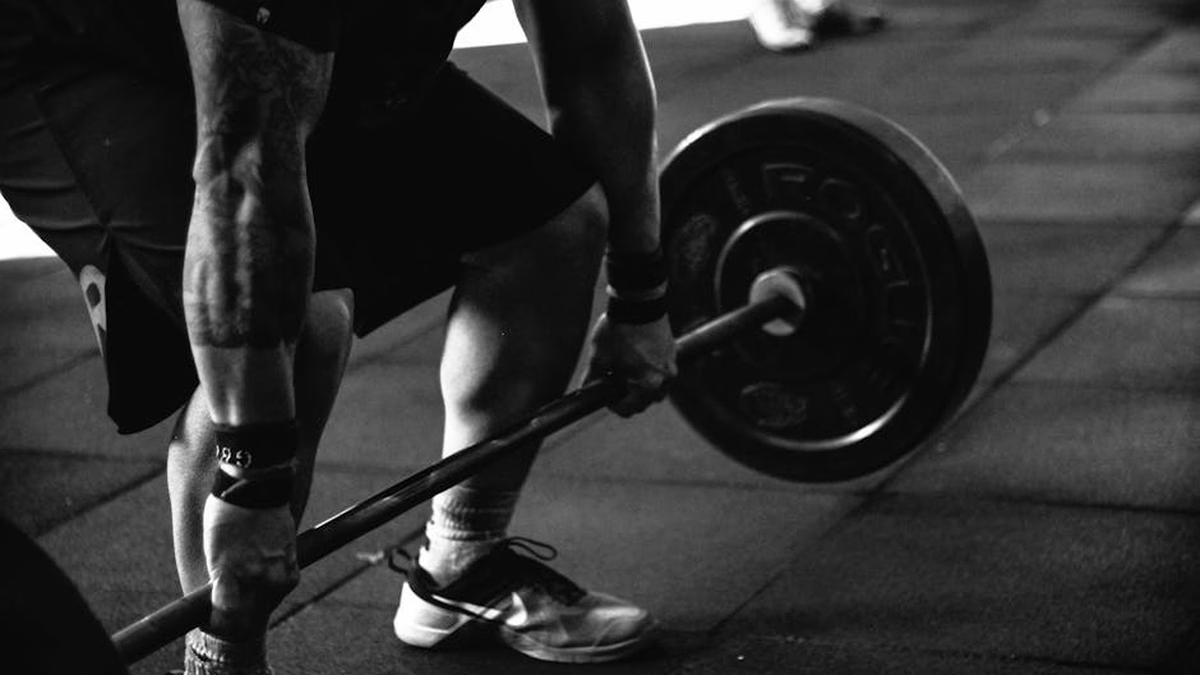Embarking on a Plant-Powered Muscle-Building Journey
Have you ever wondered if you could really pack on muscle while enjoying a delicious, earth-friendly plant-based diet? It’s a question that echoes in gyms and kitchens around the world. The idea of fueling your body with plants and achieving significant muscle growth might seem like a distant dream, a niche pursuit reserved for the incredibly disciplined. But what if I told you it’s not only possible, but also incredibly rewarding? Let’s dive into the reality behind building muscle on a plant-based diet and uncover the secrets to thriving on plants.
The Protein Myth: Debunking Common Misconceptions
The biggest hurdle most people face when considering a plant-based approach to muscle building is the perceived lack of protein. The truth is, protein is abundant in the plant kingdom. It’s about knowing where to look and how to combine different sources to create complete proteins, which contain all nine essential amino acids your body needs.
Plant-Based Protein Powerhouses
Here are some amazing plant-based protein sources:
- Legumes: Beans, lentils, chickpeas, peas – these are your protein staples.
- Tofu and Tempeh: Made from soybeans, these are versatile and packed with protein.
- Quinoa: A complete protein source that’s also rich in fiber.
- Nuts and Seeds: Almonds, walnuts, chia seeds, flaxseeds – great for snacks and adding to meals.
- Whole Grains: Brown rice, oats, and whole wheat bread contribute to your daily protein intake.
- Vegetables: While not as concentrated as other sources, vegetables like spinach, broccoli, and asparagus also contain protein.
Combining these foods throughout the day ensures you get all the essential amino acids you need. Think of it as building a protein puzzle – each piece contributes to the bigger picture.
Crafting Your Plant-Based Muscle-Building Meal Plan
Building muscle requires a strategic approach to nutrition. It’s not just about eating enough protein; it’s about timing and overall caloric intake.
Also Read: At-Home Workouts That Torch Calories Faster Than You Think
Key Elements of a Muscle-Building Meal Plan
- Caloric Surplus: You need to consume more calories than you burn to provide your body with the energy it needs to build muscle.
- Sufficient Protein Intake: Aim for around 0.8-1 gram of protein per pound of body weight.
- Strategic Carb Consumption: Carbohydrates are your body’s primary source of energy. Choose complex carbs like brown rice, quinoa, and sweet potatoes.
- Healthy Fats: Don’t shy away from healthy fats found in avocados, nuts, and seeds. They’re essential for hormone production and overall health.
- Hydration: Drink plenty of water throughout the day.
Example Meal Plan:
- Breakfast: Oatmeal with berries, nuts, and a scoop of plant-based protein powder.
- Lunch: Quinoa salad with roasted vegetables, chickpeas, and a tahini dressing.
- Dinner: Lentil soup with whole-wheat bread and a side of steamed broccoli.
- Snacks: Apple slices with almond butter, a handful of walnuts, or a plant-based protein bar.
Optimizing Your Workout for Plant-Based Gains
Nutrition is only half the battle. A well-structured workout routine is crucial for stimulating muscle growth.
Focus on Compound Exercises
Compound exercises like squats, deadlifts, bench presses, and overhead presses work multiple muscle groups simultaneously, maximizing muscle growth and calorie burn.
Progressive Overload
Gradually increase the weight, reps, or sets you lift over time to challenge your muscles and force them to adapt and grow.
Rest and Recovery
Give your muscles adequate time to recover between workouts. Aim for 7-9 hours of sleep per night and incorporate rest days into your training schedule.
Real-Life Examples: Plant-Based Athletes Thriving
Need more inspiration? Look at professional athletes like Kendrick Farris (weightlifter), Patrik Baboumian (strongman), and countless others who have achieved incredible feats of strength and athleticism on plant-based diets. Their success stories are a testament to the power of plants.
Navigating Potential Challenges
While building muscle on a plant-based diet is achievable, it’s important to be aware of potential challenges and how to overcome them.
Supplementation
Consider supplementing with creatine, vitamin B12, and vitamin D, as these nutrients can be harder to obtain from plant-based sources alone.
Digestibility
Some people may experience digestive issues when transitioning to a plant-based diet. Start slowly and gradually increase your fiber intake to allow your body to adjust.
The Verdict: Unleash Your Plant-Based Potential
So, can you really build muscle on a plant-based diet? Absolutely! It requires knowledge, planning, and dedication, but the rewards are well worth the effort. Not only will you achieve your fitness goals, but you’ll also be contributing to a healthier planet and a more compassionate world. Embrace the power of plants, fuel your body with wholesome goodness, and watch your muscles grow! It’s a journey of self-discovery, empowerment, and remarkable transformation. Believe in yourself, stay consistent, and enjoy the process. Your plant-powered muscle-building adventure awaits!






1 thought on “Can You Really Build Muscle on a Plant-Based Diet? Let’s Find Out”
Comments are closed.